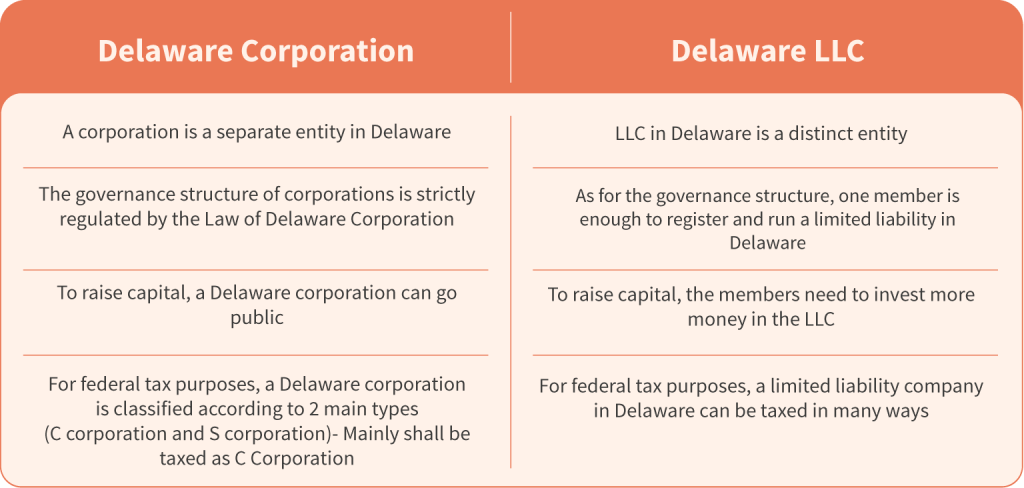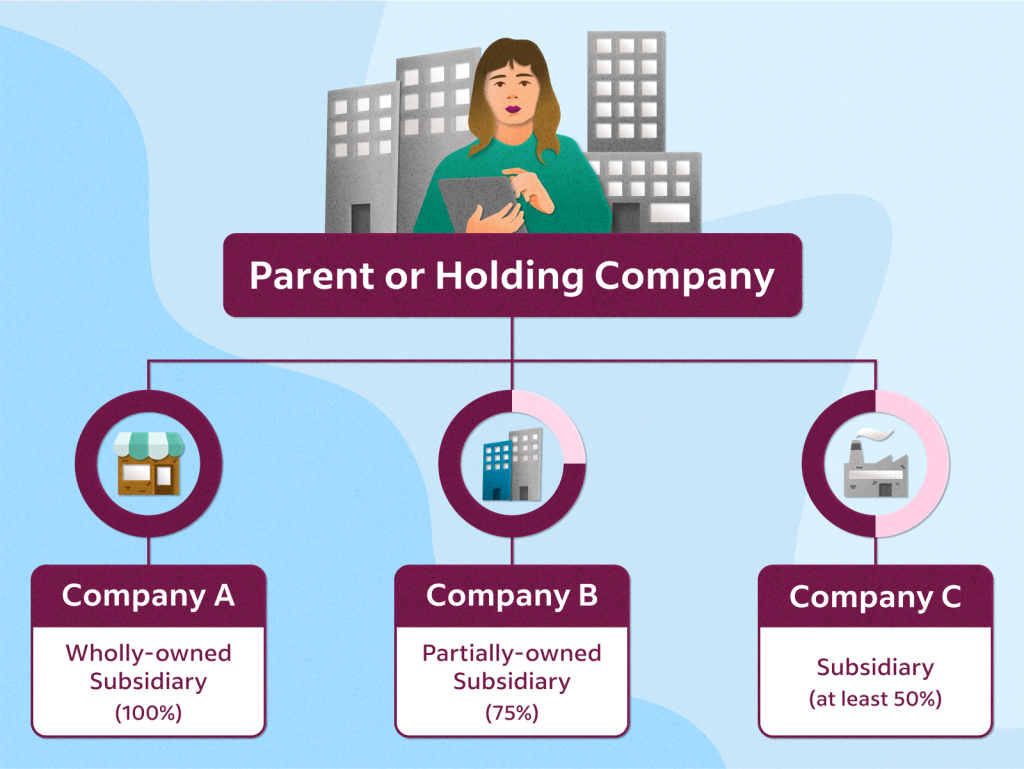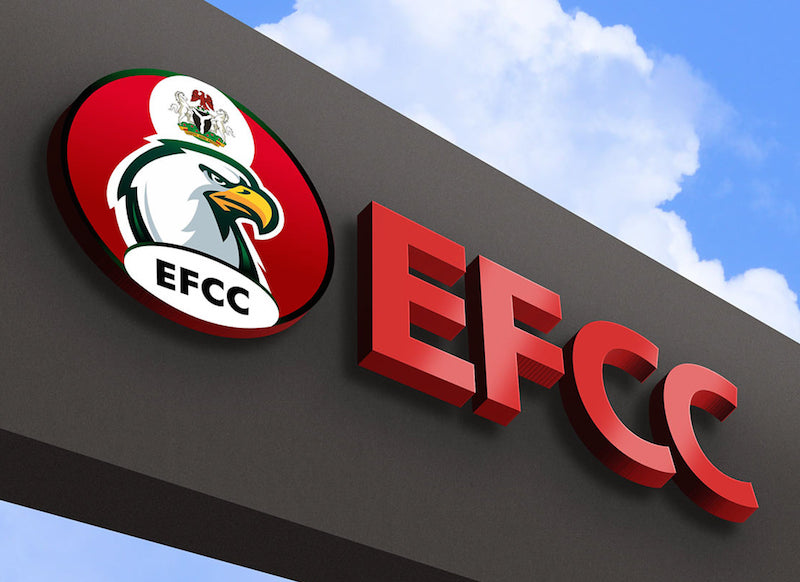
The past decade has witnessed an exponential growth in remote work opportunities, thanks to advancements in technology and a changing work culture. Despite this, many companies have been slow to adopt remote work options and have instead stuck to traditional in-office work models. However, with the advent of the COVID-19 pandemic, remote work has become a necessity for many companies, and the benefits of working from home have become more apparent. This article will explore why working from home should be normalized by companies, with a particular focus on the advantages of silent moments for creativity and critical thinking.
One of the primary reasons why remote work should be normalized is the flexibility it offers. Working from home allows employees to structure their workday around their personal schedules and obligations. This can lead to increased productivity and job satisfaction, as employees are not forced to work within the confines of a traditional 9-to-5 schedule. Additionally, remote work can also help reduce commuting time and costs, making it a more sustainable and eco-friendly option for both employers and employees.
Another advantage of remote work is the reduced distraction level. In an office environment, employees are often subjected to various forms of distractions, such as noise, interruptions, and chatty coworkers. Such interruptions can be detrimental to productivity, creativity, and critical thinking. Conversely, when working from home, employees can create a quiet, focused work environment that enables them to concentrate on their work without distractions. This can lead to improved problem-solving skills, increased creativity, and better decision-making abilities, which are all crucial to the success of any business.
One of the most significant benefits of working from home is the opportunity for silent moments. In the hustle and bustle of the office environment, it can be difficult for employees to find quiet moments for critical thinking and reflection. However, when working from home, employees can take advantage of the peaceful environment to engage in deep thinking, strategizing, and brainstorming. Such silent moments can help employees explore new ideas, generate innovative solutions to problems, and develop new perspectives on old issues.
Moreover, remote work can also foster better work-life balance. With the ability to work from home, employees can prioritize their personal and family lives while still meeting work obligations. This can lead to reduced stress levels, better mental health, and improved overall well-being. Additionally, remote work can also provide more opportunities for personal development and learning, as employees have more time to pursue their interests and hobbies.
In conclusion, working from home should be normalized by companies as it offers numerous advantages, including increased flexibility, reduced distraction levels, improved productivity, and better work-life balance. Additionally, remote work can provide opportunities for critical thinking, creativity, and silent moments, which are essential for the success of any business. As we move forward into the future, it is essential that companies embrace remote work options and adapt to the changing work culture to remain competitive in today’s global marketplace.
Regville Associates offers end-to-end legal, secretarial, tax and compliance service for companies. Our services aid companies in achieving and sustaining compliance with regulations.
Feel free to contact us.
Tolulope Oguntade Regville Associates info@regville.com 08065111667








